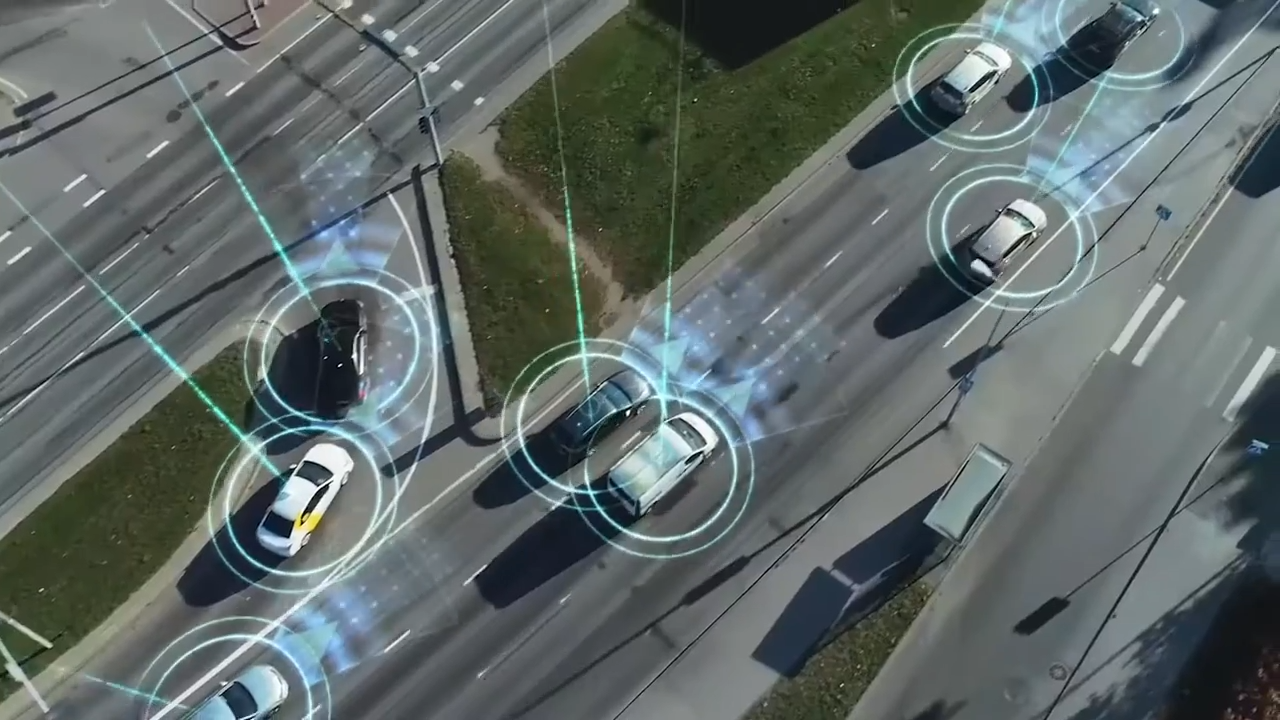Sacyr takes part in the Movilidad 2030 project, a consortium of seven companies, which ranked third among the proposals at the first call of “CDTI Misiones”, CDTI’s flagship call within the framework of the State Program for Business Leadership in R+D+I under the 2017-2020 State Plan for Scientific and Technical Research and Innovation.
Movilidad 2030 brings together Spanish companies from the transportation sector at the forefront of Europe’s research and development activities to accelerate the arrival of a connected, autonomous vehicle.
“We did very well considering the number of submissions. It includes all the actions already being carried out or slated to be carried out in the near future and it responds to real business needs,” explains Miguel Angel Moreno, head of R+D at Sacyr Concessions.
The project addresses all the necessary issues with regard to vehicles, infrastructure, services, operation, etc. in order to develop sustainable mobility nationwide.
Each of the seven participants in Movilidad 2030 is involved in one or more project objectives and in turn has its own objectives. Sacyr is tasked with managing the required infrastructure, developing an innovative mobile payment system at tolls, and devising a system to detect “kamikaze” vehicles in order to ensure its highways are among the safest.

The project consortium consists of seven companies, each leaders in their respective sectors. Together, they have the experience and knowledge needed to tackle the proposed initiative:
1. Advanced onboard perception, communication, self-driving, and navigation systems;
2. Inductive wireless charging for private electric vehicles;
3. Management optimization of electric fleets, charging infrastructure, and efficiency in the planning and execution of electric vehicles trips;
4. Technologies for a scalable and elastic architecture;
5. Rollout of C-ITS services that enhance cooperation and negotiation between vehicles and infrastructure to manage future mobility scenarios and situations;
6. Innovative safety supervision systems that guarantee correct decision-making based on conventional vehicles;
7. Managing infrastructure to comply with the requirements of new mobility policies;
8. Definition of methodologies and validation for VAC technologies and infrastructure for connected, electric mobility.
Transport management based on automation and electrification
“It defines a new mobility system that enables comprehensive transport management based on automation and electrification. It addresses the needs and challenges of current and future mobility, while contributing to the evolution and transformation of transport,” says Miguel Angel Moreno.
For this project, Sacyr Concessions will research and develop technologies based on digitization and connectivity, that are capable of improving the experience and comfort of users, as well as enhancing traffic safety by eliminating vehicles travelling in the opposite direction, the so-called “kamikazes.”
Sacyr has approached the project by organizing all of its developments and activities into four fundamental groups:
• The use of new payment technologies: IoT applied to mobile payment;
• Detection of “kamikaze” vehicles;
• Pre-classification and classification system at physical tolls through smart video analysis;
• Application of neural networks to capacity techniques.
